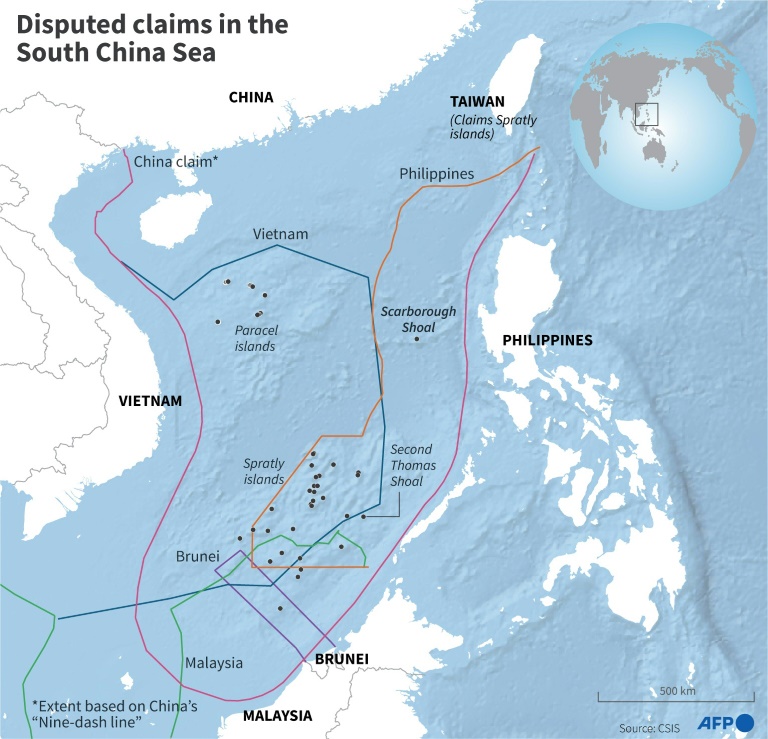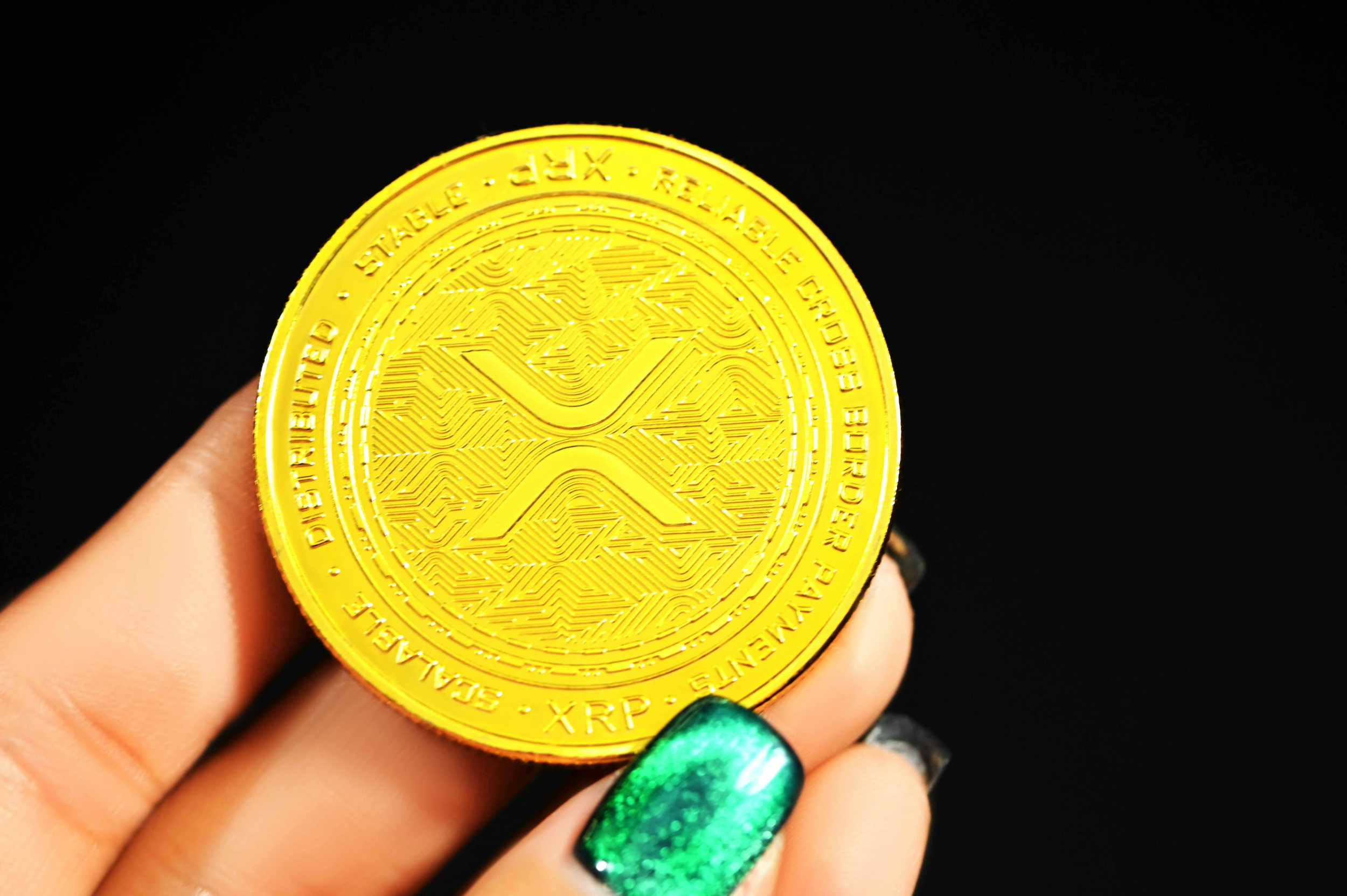A Philippine ship and a Chinese vessel collided near the Spratly Islands in the disputed South China Sea on Monday, Beijing’s Coast Guard said.
Beijing claims almost the entirety of the South China Sea, brushing aside competing claims from several Southeast Asian nations including the Philippines and an international ruling that its stance has no legal basis.
China deploys coast guard and other boats to patrol the waters and has turned several reefs into militarised artificial islands. Chinese and Philippine vessels have had a series of confrontations in disputed areas.
On Saturday, new Chinese coast guard rules took effect under which it can detain foreigners for alleged trespassing in the disputed sea.
Beijing’s coast guard said in a statement Monday that a “Philippine replenishment ship ignored many solemn warnings from the Chinese side”.
It “approached the… Chinese vessel in an unprofessional way, resulting in a collision”, the statement said.
Beijing accused the ship of having “illegally broken into the sea near Ren’ai Reef in China’s Nansha Islands”, using the Chinese name for the Spratly Islands.
“The Chinese Coast Guard took control measures against the Philippine ship in accordance with the law,” it added.
Manila has accused the Chinese coast guard of “barbaric and inhumane behaviour” against Philippine vessels, and President Ferdinand Marcos has called the new rules a “very worrisome” escalation.
China has defended its new coast guard rules. A foreign ministry spokesman said last month that they were intended to “better uphold order at sea”.
China Coast Guard vessels have used water cannon against Philippine boats multiple times in the contested waters.
There have also been collisions that injured Filipino troops.
The Group of Seven bloc on Friday criticised what it called “dangerous” incursions by China in the South China Sea.
The South China Sea is a vital waterway, where Vietnam, Malaysia and Brunei also have overlapping claims in some parts.
Most recently, however, confrontations between China and the Philippines have raised fears of a wider conflict over the sea that could involve the United States and other allies.
Trillions of dollars in ship-borne trade passes through the South China Sea annually, and huge unexploited oil and gas deposits are believed to lie under its seabed, though estimates vary greatly.







